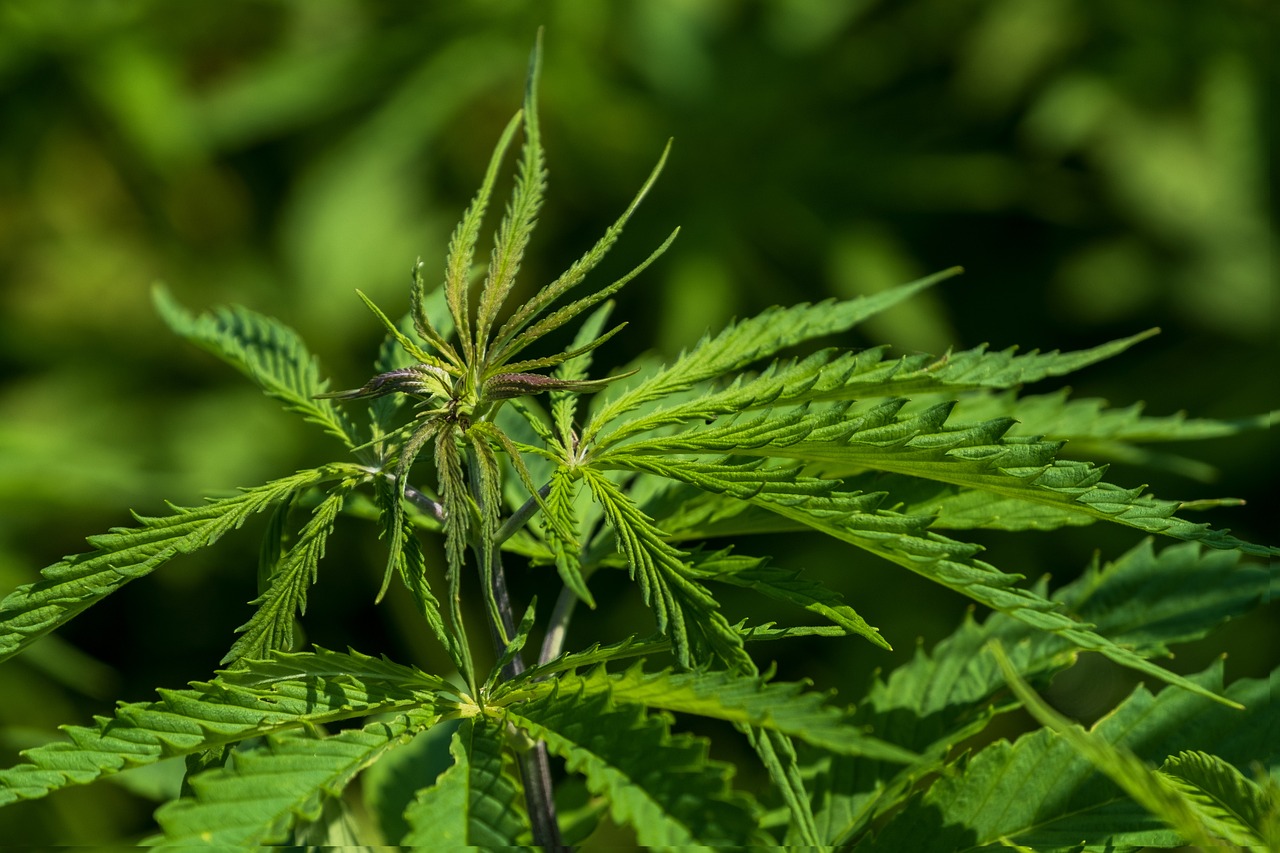-
Table of Contents
Cultivating Knowledge: The Essential Guide to THCA Flower
THCA flower has been gaining attention in recent years for its unique properties and potential benefits. This guide aims to provide a comprehensive understanding of THCA flower, its uses, benefits, and how it differs from other cannabis products.
What is THCA?
THCA, or tetrahydrocannabinolic acid, is a non-psychoactive cannabinoid found in raw and live cannabis. Unlike THC, THCA does not produce a high when consumed. It is only when THCA is heated through a process called decarboxylation that it converts into THC, the psychoactive compound.
Benefits of THCA Flower
Research into THCA is still in its early stages, but preliminary studies and anecdotal evidence suggest several potential benefits:
- Anti-inflammatory properties: THCA may help reduce inflammation, making it a potential option for those with conditions like arthritis.
- Neuroprotective effects: Some studies indicate that THCA could have neuroprotective properties, which might be beneficial for neurodegenerative diseases.
- Anti-emetic effects: THCA has shown promise in reducing nausea and vomiting, which could be helpful for patients undergoing chemotherapy.
- Antioxidant properties: THCA may act as an antioxidant, helping to protect cells from damage.
How to Use THCA Flower
There are several ways to use THCA flower, each offering different experiences and benefits:
- Raw consumption: THCA flower can be consumed raw, such as in smoothies or salads, to take advantage of its non-psychoactive properties.
- Juicing: Juicing fresh cannabis leaves and flowers is another way to consume THCA without converting it to THC.
- Tinctures and oils: THCA can be extracted and used in tinctures or oils for easy dosing and consumption.
- Topicals: THCA-infused creams and balms can be applied to the skin for localized relief of pain and inflammation.
THCA vs. THC: Key Differences
Understanding the differences between THCA and THC is important for making informed decisions about cannabis use:
- Psychoactivity: THCA is non-psychoactive, while THC is the compound responsible for the high associated with cannabis.
- Legal status: In many regions, THCA is legal while THC is not. This can make THCA a more accessible option for some users.
- Medical benefits: Both THCA and THC have potential medical benefits, but they may be suited to different conditions and preferences.
Case Studies and Research
Several studies and case reports highlight the potential benefits of THCA:
- A 2013 study published in the British Journal of Pharmacology found that THCA exhibited anti-inflammatory properties in animal models.
- A 2017 study in the journal Neurotherapeutics suggested that THCA could have neuroprotective effects, potentially benefiting conditions like Parkinson’s disease.
- Anecdotal reports from patients using THCA for conditions like epilepsy and chronic pain have shown promising results, though more research is needed.
Growing and Harvesting THCA Flower
For those interested in cultivating their own THCA flower, there are several key factors to consider:
- Strain selection: Choose strains known for high THCA content, such as ACDC or Harlequin.
- Growing conditions: Maintain optimal growing conditions, including temperature, humidity, and light, to maximize THCA production.
- Harvest timing: Harvest the plants at the right time to ensure maximum THCA content before decarboxylation occurs.
Legal Considerations
The legal status of THCA varies by region. In some areas, THCA is legal while THC is not, making it a more accessible option for users. Always check local regulations before purchasing or cultivating THCA flower.
Conclusion
THCA flower offers a unique and potentially beneficial option for those interested in the therapeutic properties of cannabis without the psychoactive effects of THC. With ongoing research and growing interest, THCA may become an increasingly popular choice for medical and wellness applications.
